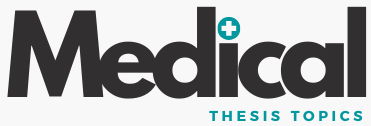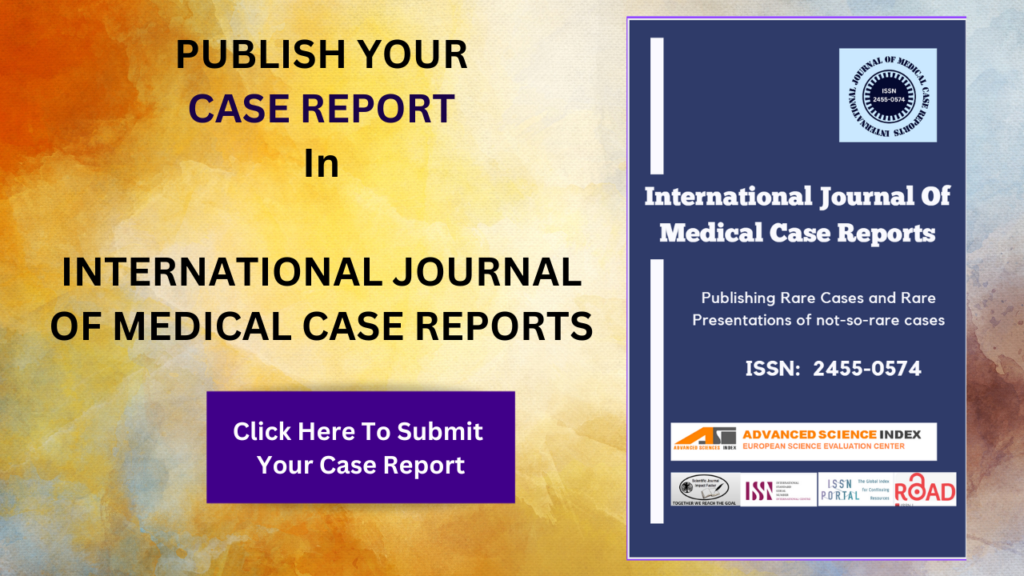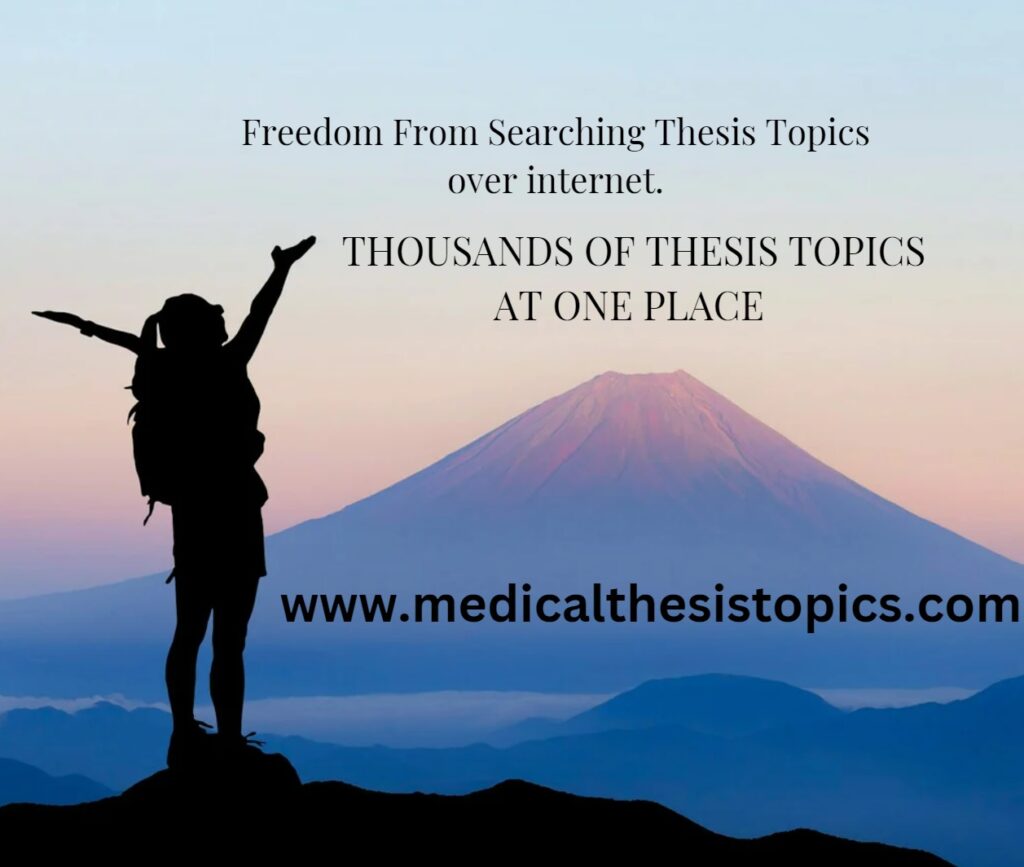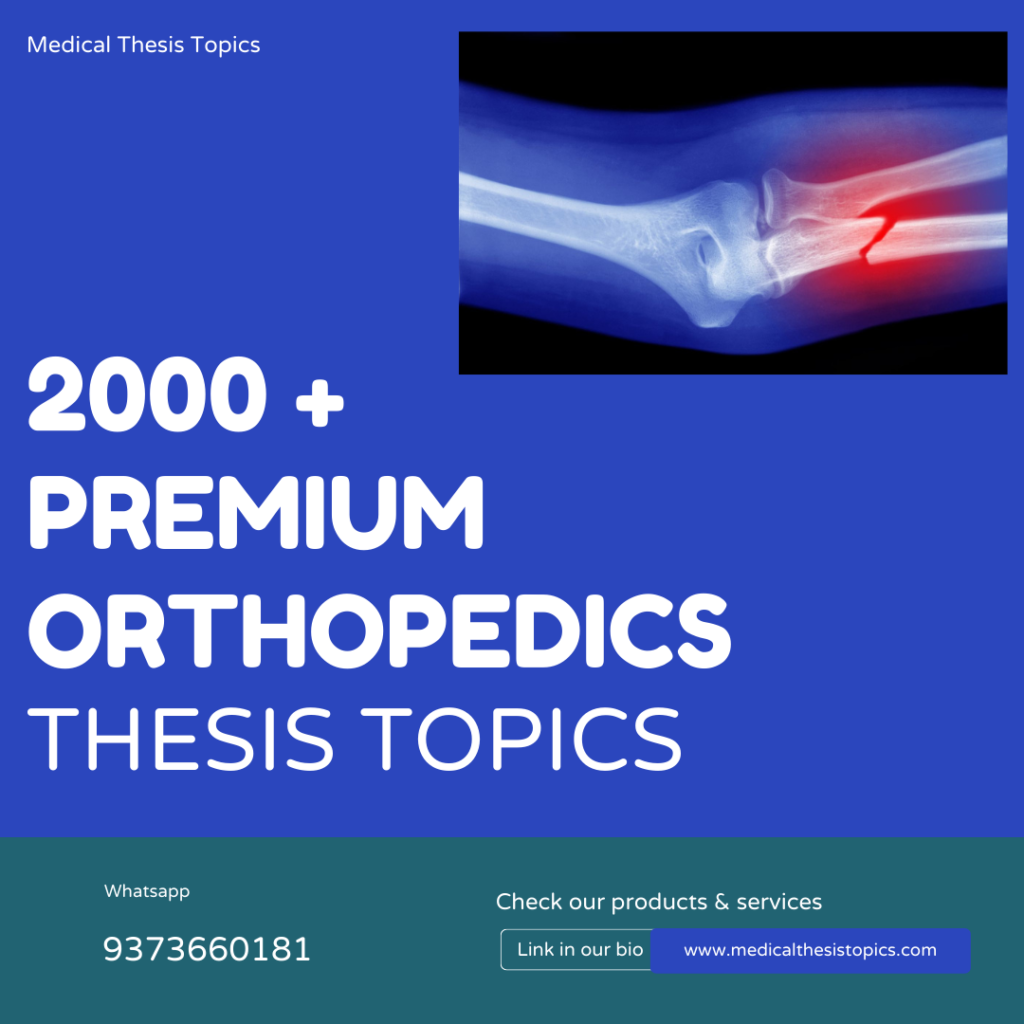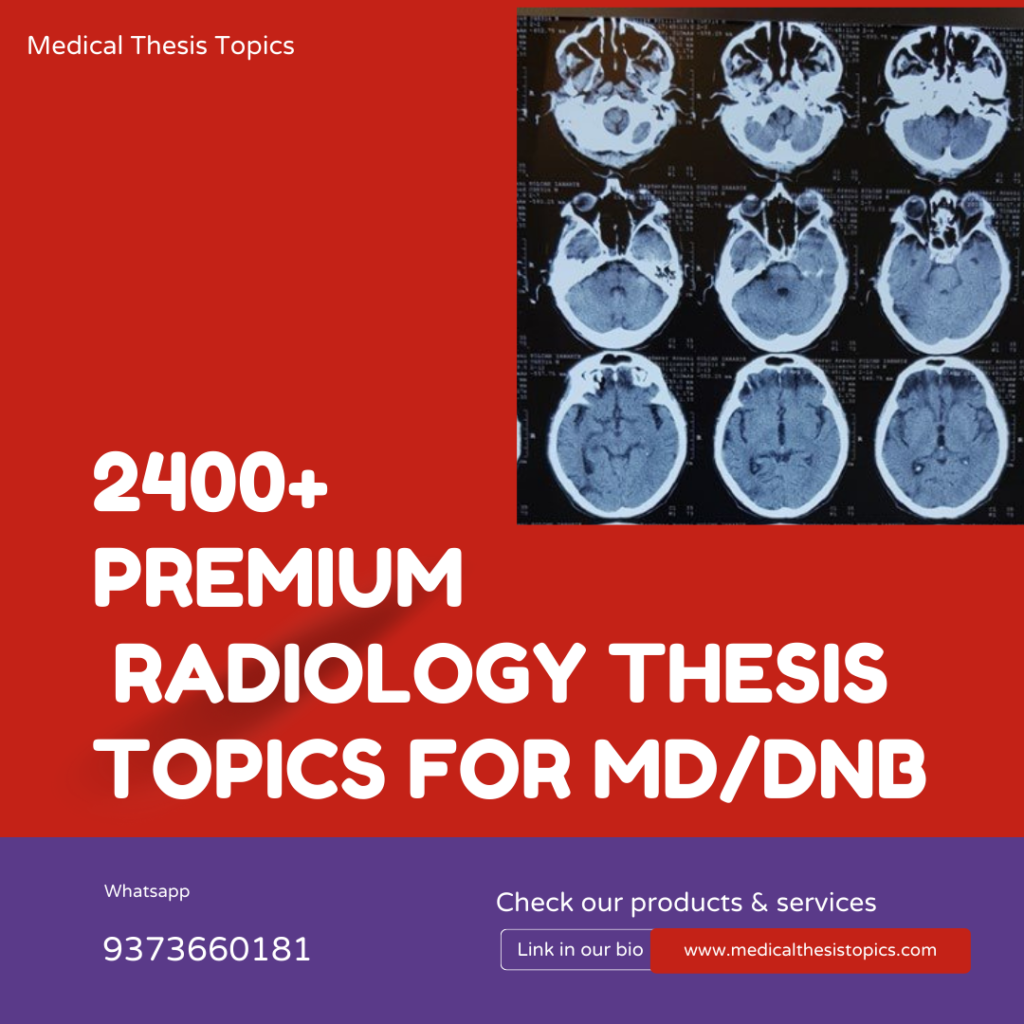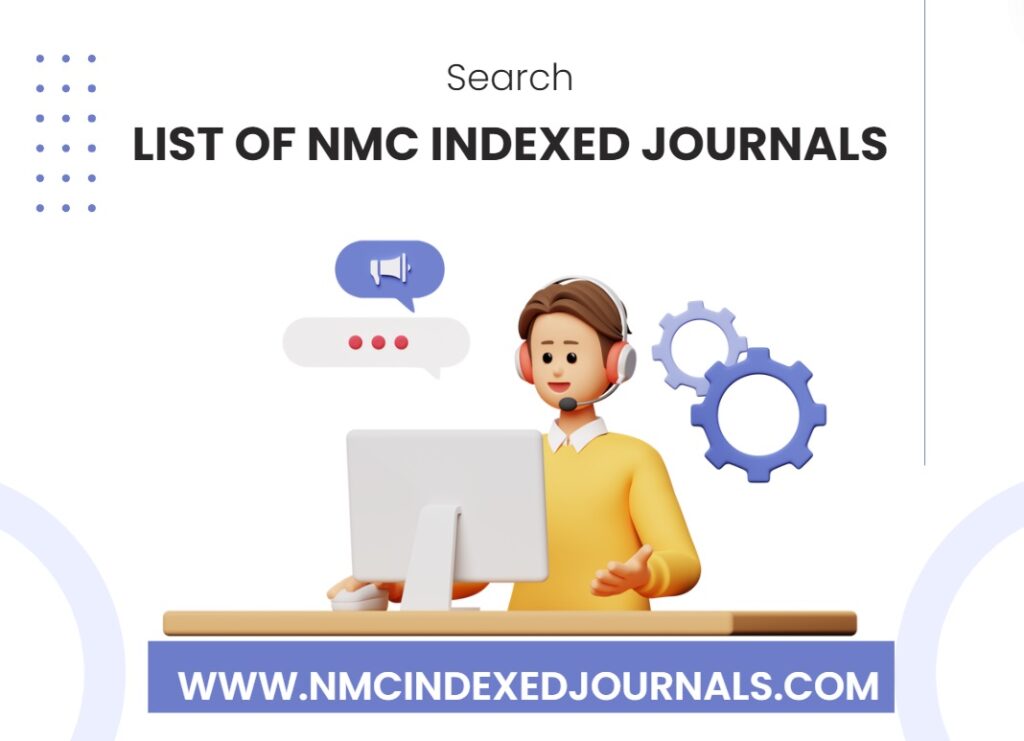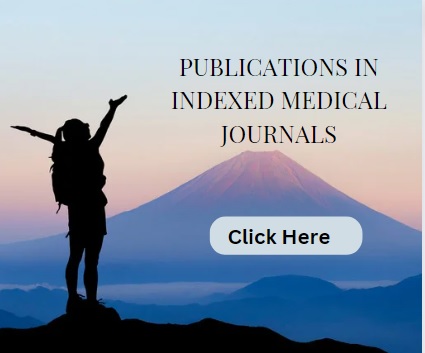NMC clears the confusion regarding indexing of medical journals valid for promotions

NMC APPROVED MEDICAL JOURNALS: UPDATE.
In the dynamic world of medical research, the importance of proper indexing for medical journals cannot be overstated. Indexing serves as a crucial bridge between valuable research findings and the healthcare community, ensuring that cutting-edge knowledge is accessible to medical professionals, researchers, and the public alike. India’s National Medical Commission (NMC) recognizes the critical role of indexing in advancing medical science and has set standards for journals that wish to be acknowledged by the commission.
Understanding NMC Approved Medical Journals Indexing
Indexing involves the systematic categorization and organization of published articles in a way that enables easy retrieval and reference. In the realm of medical research, where new discoveries and advancements occur rapidly, indexing is indispensable. It allows healthcare practitioners, researchers, and students to efficiently locate and access relevant studies, enabling evidence-based decision-making and fostering the dissemination of knowledge.
The National Medical Commission’s Perspective
India’s National Medical Commission, the apex regulatory body for medical education and practice in the country, acknowledges the significance of maintaining high-quality medical journals. To ensure that medical journals meet specific standards, the NMC has laid out criteria for indexing that journals must adhere to in order to receive recognition.
Accepted Indexing Platforms by the NMC
Several indexing platforms are accepted by the National Medical Commission, India, each serving as a gateway for researchers and practitioners to access credible medical research. indexing services accepted by the NMC include:
PubMed/MEDLINE:
Operated by the United States National Library of Medicine, PubMed is a widely recognized and respected database of biomedical literature. Journals indexed in PubMed are subject to rigorous evaluation, ensuring the quality and reliability of the published content.
Central Citation Index:
The Central Citation Index is a database managed by the Scientific Electronic Library Online (SciELO) platform. It focuses on indexing scientific literature from developing countries, particularly in Latin America, Africa, and Asia. This index contributes to increased visibility and accessibility of research from regions with emerging scientific communities.
Central Science Citation Index (SCI):
Part of the Web of Science database, SCI is a prestigious citation index that tracks citations in scholarly literature. It plays a vital role in measuring the impact and influence of research articles by analyzing their citation patterns. SCI aids researchers and institutions in assessing the significance of scientific contributions and identifying trends within specific fields.
EMBASE: Managed by Elsevier, EMBASE is a comprehensive biomedical literature database that includes drug research, pharmacology, toxicology, clinical and experimental medicine, and medical devices. It offers extensive coverage of biomedical literature from around the world.
Scopus: Elsevier’s Scopus is another esteemed indexing service that covers a wide range of scientific disciplines, including medicine. Journals indexed in Scopus undergo stringent evaluation, contributing to the credibility of the published research.
DOAJ (Directory of Open Access Journals):
The DOAJ is a comprehensive online directory that indexes and provides access to high-quality, peer-reviewed open-access journals from various disciplines. It serves as a valuable resource for researchers, students, and the public, promoting open access to scholarly content and facilitating the discovery of reliable research articles.
The Impact of NMC-Recognized Indexing
Publications in NMC approved medical journals have several advantages:
Credibility: NMC approved medical journals serves as an indicator of the journal’s credibility, indicating that it adheres to high editorial and ethical standards.
Visibility: NMC approved medical journals have a wider reach, ensuring that the research reaches a larger audience, including medical professionals, educators, researchers, and policymakers.
Global Collaboration: Researchers and healthcare practitioners from around the world are more likely to engage with NMC approved journals, fostering global collaboration and knowledge exchange.
Evidence-Based Practice: Access to indexed journals empowers healthcare practitioners to make informed decisions based on the latest evidence, ultimately improving patient care.
Academic Recognition: Researchers and authors benefit from publishing in indexed journals, as it adds to their academic and professional portfolios.
The controversies regarding indexing criteria:
To the surprise of many medical teachers NMC inspectors were sometimes reluctant to accept “EMBASE”, “Science Citation index” and “ Science Citation index Expanded” Journals as the term mentioned in gazette notification dated 22/02/2022 the terms used by NMC are “ Expanded EMBASE” and “ Science Citation Index”.
We also received a lot of queries like
Is EMBASE and Expanded EMBASE same?
Is EMBASE indexed journals are valid as per NMC criteria?
Is central Science citation index and Science citation index same?
Is Science Citation index journals are valid as per NMC criteria?
Perplxed by these questions we did a thorough research and what we found out is that there is nothing like “Expanded EMBASE” and “Central Science Citation Index” and the more appropriate terms are EMBASE and Science citation index or science citation expanded. This was clarified by National Medical Commission (earlier known as medical council of india) itself in response to a RTI query. This clarification has come as a relief for everyone. In the reply to RTI query the NMC/MCI clarified that there is typographical errors while giving list of valid indexing services and the correct terms for valid indexing services would be as following
1. Medline.
2. Pubmed Central.
3. Science Citation Index.
4. Science citation index expanded.
5. Embase
6. Scopus
7. Directory of Open access journals.
For reading RTI Reply click here
For gazette notification dated 22/02/2022 click here
Comparison of criteria given in gazette notification dated 22/02/2022 and Correct indexing given by NMC while replying to RTI is given below


